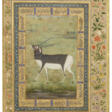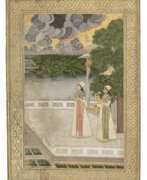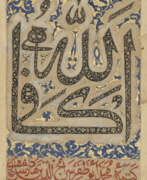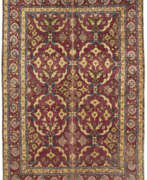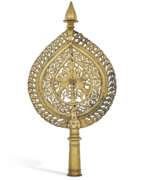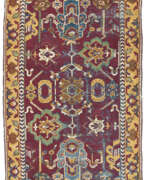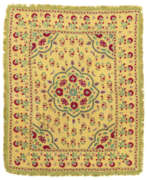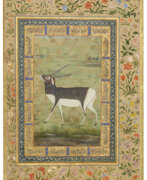Mughal Empire

Mughal Empire
The Mughal Empire, a powerful Islamic state, reigned from 1526 to 1858, extending over what is now India, Pakistan, Bangladesh, and southeastern Afghanistan. This empire was established by Babur, a Central Asian ruler with lineage tracing back to Timur and Genghis Khan. It represented a blend of Turkic-Mongol and Persian cultures, bringing about a unique and enduring legacy.
At its zenith, the Mughal Empire was notable for its architectural marvels, cultural diversity, and administrative efficiency. Persian, the language of the elite, was the administrative language, facilitating communication across the empire's vast and linguistically diverse territory. The empire was particularly renowned for its contributions to the arts, notably Mughal painting, which blended Indian, Persian, and Western artistic traditions. These paintings, often miniature in style, were rich in color and detail, encapsulating the grandeur of the Mughal court.
The empire's artistic legacy is immortalized in its architecture, with the Taj Mahal being the most iconic example. Built by Emperor Shah Jahan, it exemplifies the aesthetic sensibility that permeated every aspect of Mughal court culture. The Mughals were also patrons of literature, translating significant texts like the memoirs of Babur and major Sanskrit works into Persian, fostering a culture of intellectual and religious curiosity.
For art and antique collectors, the Mughal Empire offers a treasure trove of history and culture. Its artifacts and architectural achievements continue to captivate and inspire, representing a period of artistic and cultural flourish.
To delve deeper into the splendors of Mughal art and history, and to stay informed about the latest in Mughal art sales and auction events, sign up for our updates. These updates are specially curated for enthusiasts and collectors, providing exclusive insights into the world of Mughal art and antiques.
| Country: | Afghanistan, Asia, Bangladesh, India, Pakistan |
|---|---|
| Start of the period: | 1526 |
| End of the period: | 1858 |
